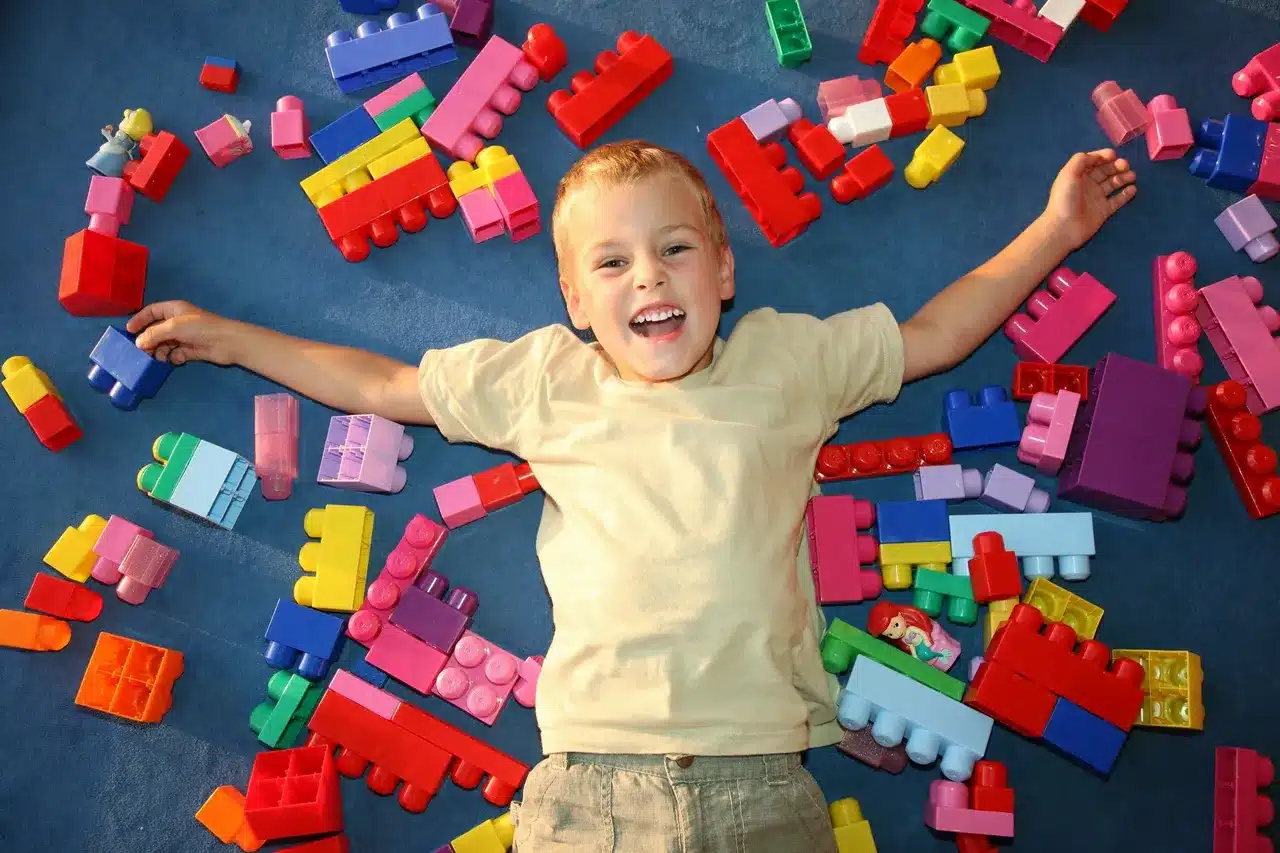Scene 1: You’re standing in line at the grocery store, all of sudden there’s an outburst from the kid in the next isle. Parent does the walk of shame, because her 3 yr. old wants a candy bar they cannot have.
Scene 2: At the play-ground with your children and here goes little ‘John,’ throwing a tantrum; because he cannot go next on the slide. Once again Parent does the walk of shame, whilst screaming at son “this was a mistake bringing you to this park!!!!”
Yes! the mighty walk of shame, the one that makes you feel like the whole world is looking at you. The parent stops all eye contact with the people around, slowly implodes whilst trying to take control of the situation. As you speculate that people are thinking:
“What’s wrong with your kid!?”
“Why can’t they play well with their peers?!”
If you are a PARENT reading this article and have ever seen someone go through this. How about giving a fellow parent a genuine ‘smile’ say it’s ‘ok’ we all have been through it. We forget at times, that we too have had some level of exposure due to a child’s lack of emotional regulation.
How to help your child emotionally regulate?
1. Make sure that you are personally regulated and aware of your level of tolerance. Addressing your child in a heated moment, when you are unaware of where you are emotionally; could actually make the situation worse.
2. Findtools that fit your child’s personality and age:
– deep breathing techniques
– change of environment
– self reflecting
– encouraging use of words to describe emotions. i.e. I feel sad because, avoid suggestive questions such as “are you hurt because you fell down.”
3. Do not tell your child to stop crying. It’s ok for children to show emotions, encourage them to use techniques to verbalize the emotions. You can tell the difference between crocodile tears and true raw emotions.
4. When your child is calm, ask what helpswhen they feel out of control. Some children may be mature enough; to know what they need without knowing how to utilize that tool.
5. Make sure that you have done your part, in maintaining a firm schedule, consistency for children matters.
Children equate consistency to security from their caregivers.
I find even with my own children, if we go out late on a week night, no matter what time they sleep they always wake up at the same time.
Why? “Consistency.”
Protecting your children’s schedule is vital, it may not be perfect; but keep it close to intended time frames, with wiggle room for LIFES unintended. The older a child gets the easier it is for them to adjust.
6. ‘Debriefing’ about their day, no matter how old your child is, this tool always works. You may not have to do it as frequent, as they get older but it’s a necessary part of parenting. Emotional regulation can be disturbed, by a misunderstood event during the day.
In conclusion as parents we are responsible for our children’s mental and emotional health. Devote yourself to learning your child’s verbal and non-verbal communication style, as that will be important for building trust and preparing your child for success. Be confident in your ability to parent and know that help is always there!






